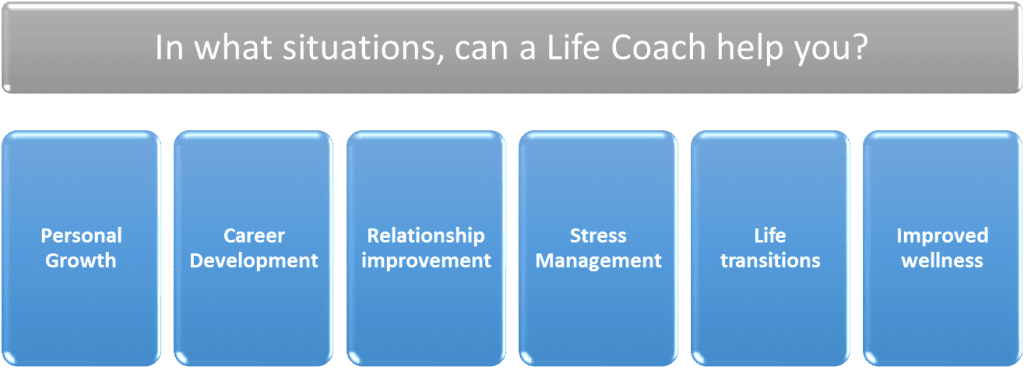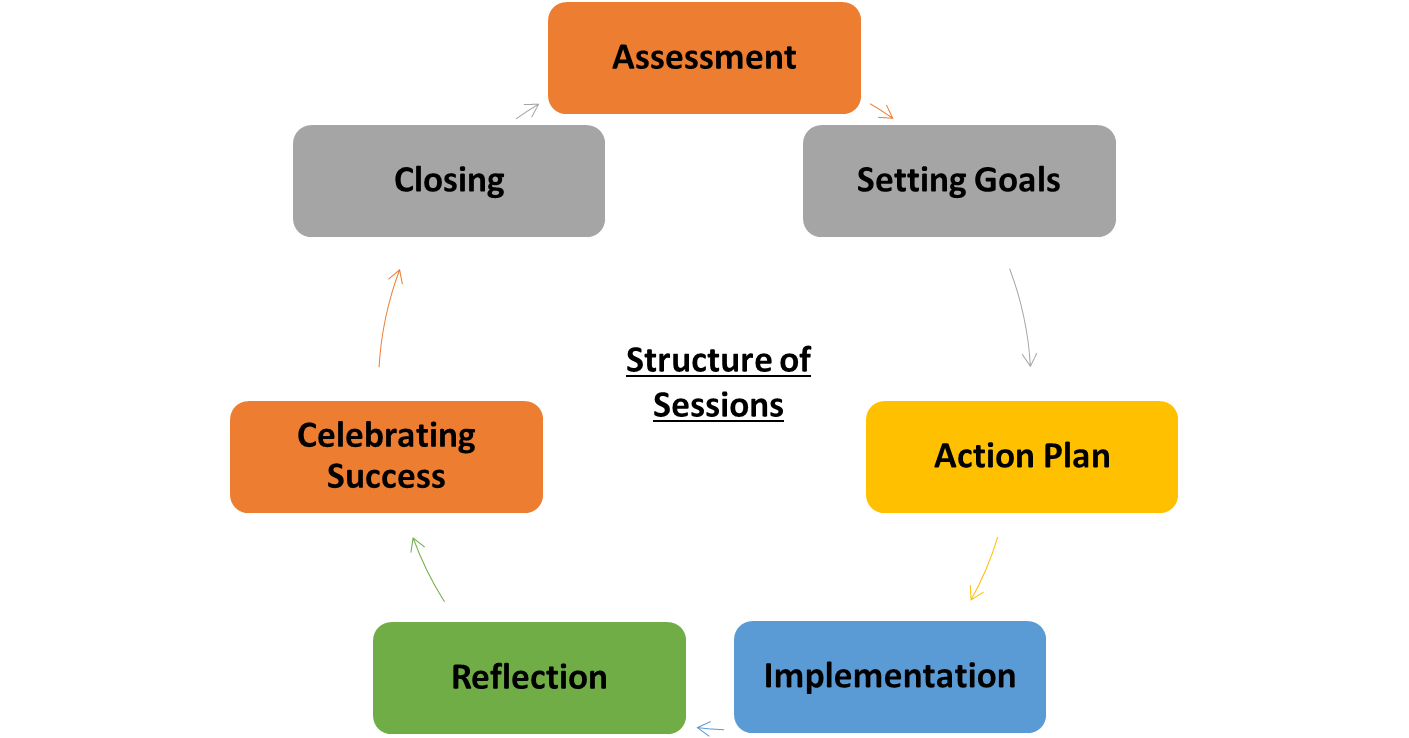How to Gain Confidence at Work by Being True to Yourself
Want to gain confidence at work without faking it or constantly second-guessing yourself?
Ever feel like you’re just trying to make it through the day at work—constantly questioning yourself, hoping no one realizes you’re not as confident as you seem? You’re not alone. Many of us go through the motions, feeling like we’re faking it, second-guessing every move, and quietly battling that persistent voice that says, “You’re not enough.”
This is imposter syndrome. And it’s one of the biggest silent blocks that holds us back—not just from promotions or recognition, but from inner peace and self-worth.
But what if the path to gain confidence at work isn’t about working harder, pushing more, or “fixing” yourself?
What if it begins with being true to yourself?
In this article, we’ll walk through how you can build deep, lasting confidence by reconnecting with your core values, honoring your true self, and choosing to live authentically, not just exist in survival mode.
Understanding the Hidden Confidence Crisis at Work
In today’s workplaces, it’s easy to believe we have to wear a mask to succeed. We’re often taught to suppress our real opinions, tone down our uniqueness, and “act professional” — whatever that means.
But in doing so, we disconnect from ourselves. And that disconnection slowly chips away at our confidence.
The Silent Cost of Not Being Your True Self, Not Being Authentic
When you’re not being your authentic self at work, you’re likely:
- Constantly second-guessing your decisions even when you’re qualified. This leads to analysis paralysis and missed opportunities.
- Avoiding risks: You play it safe to avoid potential failure, which also means you miss out on potential growth.
- Feeling drained and unmotivated: Pretending to be someone you are not is exhausting and unsustainable.
- Struggling to connect with colleagues: Authentic connections are built on trust and vulnerability, which are difficult to build when you’re wearing a mask.
Why Authenticity Is the Shortcut to Career Confidence
Let’s clear something up: Being authentic doesn’t mean being unfiltered or oversharing.
It means being aligned—your actions reflect your values, your decisions come from inner clarity, and you show up with self-respect.
When you choose to live authentically, you unlock a kind of confidence that isn’t shaken by performance reviews, team dynamics, or external praise.
Why Authenticity Builds Confidence
- It’s your unique advantage: No one can be you better than you can. Your unique perspective and experiences are your greatest assets.
- It attracts genuine connections: When you’re authentic, you attract people who value you for who you are, creating a strong support system.
- It makes decision-making easier: When you’re clear on your values, you can make choices that are right for you, without agonizing over what others will think.
- It builds resilience: When you’re grounded in your authentic self, you’re better able to handle setbacks and criticism without letting them derail you.
Click here to know more on how to boost self confidence with a coach, check this post.
5 Practical Ways to Gain Confidence at Work by Being True to Yourself
Ready to start your journey toward a more confident and authentic you? Here are five practical steps you can take today:
1. Reconnect with Your Core Values and Strengths

To be true to yourself, you first have to know yourself.. Take some time for self-reflection to identify:
Ask:
- Your core values: What matters most to me in life and at work? (e.g., integrity, creativity, collaboration, growth)
- Your unique strengths: When do I feel more energized? What do I enjoy doing? (An assessment tool like CliftonStrengths can help with this).
Write them down. These are your anchor points. When your daily tasks align with your values, confidence grows naturally—because you’re not at war with yourself.
2. Interrupt the Inner Critic and Reframe the Negative Self-Talk
You know that voice in your head that says you’re not good enough? That you’ll mess it up, that you’re falling behind, that others have it all figured out?
That voice is lying.
But instead of trying to silence it—which rarely works—learn to interrupt it. Question it. Redirect it.
Let me share a real example.
My client Avi was stuck in a loop of self-doubt.
“I don’t think I can meet their expectations. I can’t go on like this.”
He sat in front of his computer, fidgeting with the keyboard, his focus shattered. The source? A spreadsheet.
One cell that wasn’t returning the correct numbers had spiraled into a full-blown confidence crisis.
Here’s the process we used together to break that pattern:
Step 1: Acknowledge the Negative Thought
When a negative thought shows up, pause and name it, without judgment.
For Sach, every thought kept circling around one belief: “The spreadsheet is wrong. I’m messing up. I’m failing.”
I gently asked him to take a breath and simply say:
“Okay. I see you. This is what I’m thinking right now.” That pause alone created space between him and the panic spiral.
Step 2: Question Its Validity
Is the thought actually true?
I asked him:
“Has this spreadsheet really failed before? How often?”
Turns out, it had gone wrong once—in months of working perfectly.
It wasn’t a pattern. It was a one-off. Yet the fear had taken over completely.
Step 3: Reframe It Realistically
We worked on replacing the panic-driven thought with a more grounded one.
Instead of: “I’m going to fail again,” He started trying: “I’ve done this successfully so many times before. One glitch doesn’t define my work. I know how to fix this.”
This was just one instance. Within a few sessions, Avi began to gain confidence at work again. His thinking shifted, his energy changed—and people noticed. His higher-ups started appreciating his calm presence, and now? He’s in their good books.
You can do this too.
Confidence doesn’t come from perfection. It comes from catching the stories we tell ourselves—and choosing better ones.
3. Practice Self-Compassion
Confidence isn’t the absence of mistakes. It’s knowing you’ll be okay even when you mess up.
Self-compassion says:
- “Yes, that was hard.”
- “Yes, I stumbled.”
- “And yes, I’m still worthy.”
You don’t have to be flawless to be confident. You just have to be kind to yourself through the ups and downs.
4. Define Your Authentic Personal Brand

Your personal brand isn’t a logo or a tagline—it’s how people experience you.
Ask:
What do I want people to remember about me?
What strengths do I bring without trying to be someone else?
Show up with intention. Speak with your voice, not the voice you think others want to hear. Be consistent. Be real. That’s your brand.
- Be intentional about how you show up: This includes everything from your communication style to your professional attire.
- Share your authentic voice: Don’t be afraid to express your opinions and ideas, even if they differ from others.
- Highlight your unique contributions: What do you bring to the table that no one else can? Make sure your accomplishments are visible to others.
5. Surround Yourself with People Who Value the Real You
You don’t have to do this alone. Find people who encourage you to drop the mask, not reinforce it.
- Find a mentor: A mentor can provide guidance, support, and a fresh perspective on your career.
- Build a strong network: Connect with like-minded professionals who share your values and aspirations.
- Consider working with a coach: A career coach can provide you with the tools, strategies, and accountability you need to build unshakable confidence and achieve your professional goals.
Authenticity isn’t a solo sport. Find your people.
Live Authentically, Lead Confidently
You don’t need to “fix” yourself to gain confidence at work.
You need to come home to yourself.
Because when you start being true to yourself, you stop chasing confidence—it becomes a byproduct of who you are.
This is how you live authentically, build a fulfilling career, and lead without losing your soul.
Ready to take the next step in your journey towards leading an authentic life at work? Book your free session today by contacting me, if you want to start this journey with me .
How to Gain Confidence at Work by Being True to Yourself Read More »






